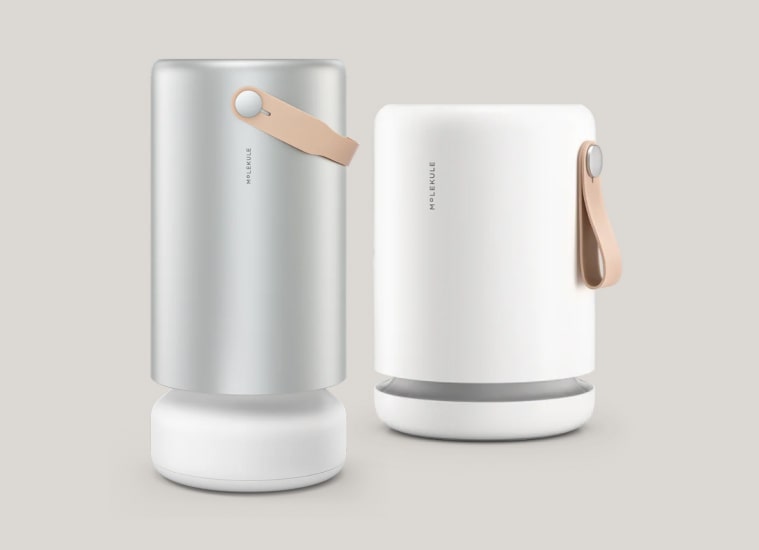Comprehensive Management of Eosinophilic Esophagitis: From Diagnosis to Treatment

Eosinophilic Esophagitis (EoE) is a complex allergic and immune condition that primarily affects the esophagus, leading to inflammation and discomfort. This challenging condition requires specialized care for effective management and relief. Expert allergists are crucial in diagnosing and treating EoE, ensuring a comprehensive disease management approach. In this blog post, we’ll delve into the details of EoE, from understanding the condition to exploring treatment options and strategies for daily living.
Understanding EoE
Eosinophilic Esophagitis is characterized by an abnormal accumulation of eosinophils, a type of white blood cell, in the esophagus. This buildup causes inflammation and swelling, significantly impairs swallowing, and causes other uncomfortable symptoms. Individuals with EoE often experience difficulty swallowing, chest pain, and persistent food impaction. The condition can also lead to esophageal narrowing and damage if left untreated.
Managing EoE involves addressing both the underlying causes and the resulting symptoms. This often requires a multi-faceted approach that includes accurate diagnosis, personalized treatment, and ongoing management strategies.
Diagnosis
Accurate diagnosis is essential for effective management of EoE. A visit to a skilled allergist is crucial for identifying the condition and determining the appropriate course of action. The diagnostic process typically involves:
Medical History and Symptom Review: A thorough assessment of your symptoms, medical history, and potential triggers.
Endoscopy: An endoscopic procedure to examine the esophagus and take biopsies for eosinophil count analysis.
Allergy Testing: Comprehensive allergy tests to identify potential food and environmental triggers contributing to EoE.
Identifying the exact cause of EoE is vital for tailoring treatment and managing symptoms effectively.
Treatment Options
Proton Pump Inhibitors (PPIs): PPIs are often used to reduce stomach acid, which can help alleviate symptoms of EoE by decreasing inflammation in the esophagus. These medications are typically prescribed for a set duration and monitored for effectiveness.
Topical Steroid Medications: Topical steroids, administered as oral disintegrating tablets or liquid suspensions, help to reduce inflammation in the esophagus. These medications can be swallowed to target inflammation directly where it occurs, relieving EoE symptoms.
Elimination Diets: Implementing an elimination diet involves removing specific foods suspected to trigger EoE symptoms. This diet helps identify which foods cause adverse reactions, allowing you to avoid them. It often includes a step-by-step process of reintroducing foods to pinpoint exact triggers.
Dietitian Consultation: Working with a dietitian is crucial when following an elimination diet. They can help create a balanced diet plan, ensuring that you receive adequate nutrition while avoiding trigger foods. A dietitian also assists in managing any nutritional deficiencies that might arise due to dietary restrictions.
Allergy Testing: Identifying potential food and environmental allergens is vital for managing EoE. Allergy tests can help pinpoint specific triggers, guiding your treatment and dietary adjustments.
Effective management of Eosinophilic Esophagitis involves a combination of these treatment options tailored to your specific needs. Collaborating with your healthcare team, including allergists and dietitians, will help craft a comprehensive treatment plan to effectively control EoE symptoms and improve your overall quality of life.
Living with EoE
Managing EoE involves not only medical treatment but also practical strategies for daily life:
Monitoring Symptoms: Tracking your symptoms and potential triggers helps manage the condition effectively. Regular follow-ups with your allergist are essential to adjust your treatment plan as needed.
Dietary Adjustments: Adhering to your elimination diet and being vigilant about avoiding trigger foods can significantly reduce symptoms and improve your quality of life.
Support Networks: Connecting with support groups or other individuals with EoE can provide valuable emotional support and practical tips for managing the condition.
Effective management of Eosinophilic Esophagitis requires a comprehensive approach involving accurate diagnosis, personalized treatment, and daily management strategies. Seeking expert care from allergists ensures you receive the best possible treatment and support for living well with EoE.
If you or a loved one is struggling with EoE, contact the Allergy, Asthma, and Immunology Medical Group today. Our expert team is dedicated to providing personalized treatment plans tailored to your needs. Call 805-658-9500 to schedule an appointment and start your journey towards better management of EoE.




